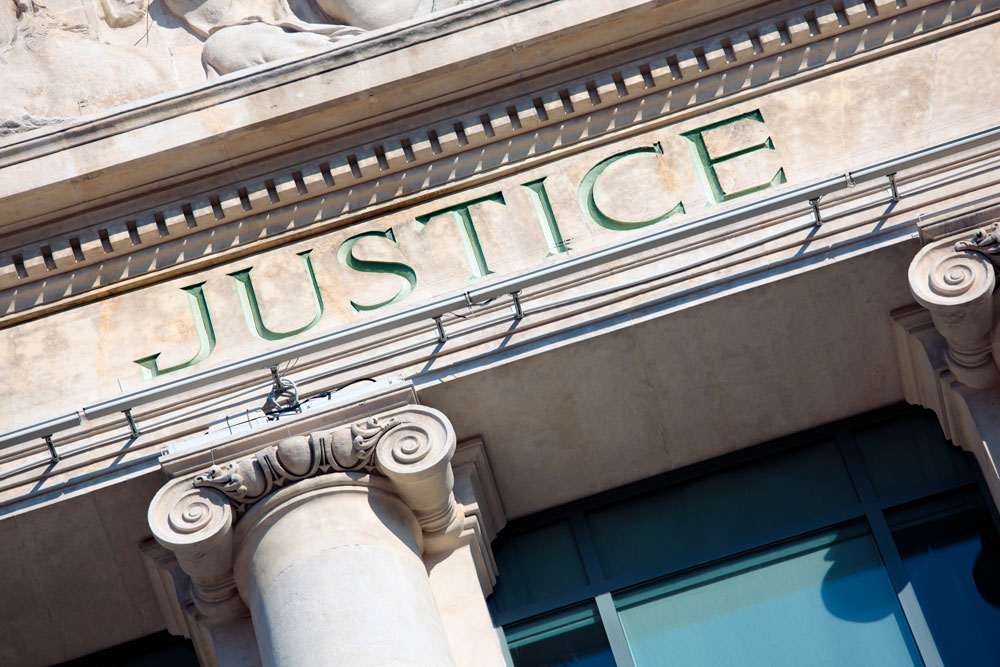Justice Wainer Apter continued in relevant part: We disagree that allowing a retrial here would confer any unfair advantage on the State. Trial ended before defendant called a single witness or introduced a single piece of evidence. Defendant conceded at oral argument that the State did not intentionally goad a mistrial, and there was no “mistake in jury selection, unfavorable evidentiary ruling, or poor feedback from the jury” that the State sought to escape. We have previously held that the “essence to the doctrine of jeopardy” is “that the State may not retreat from the field when its case turns sour and then be permitted to sally forth on a future day before a new jury when its case is refreshed and reinforced.” The State did no such thing here.
Fourth, we do not discount the “embarrassment, expense and ordeal and continuing state of anxiety and insecurity” that any trial places upon a defendant. See Green v. United States, 355 U.S. 184, 187 (1957). But defendant will not suffer any substantial prejudice beyond what is inherent in any trial or retrial after appeal. For example, defendant does not contend that his witnesses or evidence are no longer available, and we do not find that he will otherwise be prejudiced in putting forth a defense in any material way. Like in Farmer, “defendant has not suffered any substantial prejudice” and “the mistrial was not caused by any intention of the prosecution to take an undue advantage, or to oppress defendant in his effort to defend himself.”
Fifth, although the trial court found that the State’s handling of the blood evidence reflected bad faith and inexcusable neglect, it did not find that the State’s conduct was intentional, and defendant concedes that the State did not engage in any intentional misconduct. The trial judge held that the State did not engage in “the ‘oppressive’ conduct contemplated by” Farmer because it was willing to continue the trial and subject its witnesses to cross examination about its error.
The concessions made by the defense are curious. The better course would have probably been to say “I don’t know” what the State’s intentions were as opposed to “conceding” what the State did nor did not intend.

